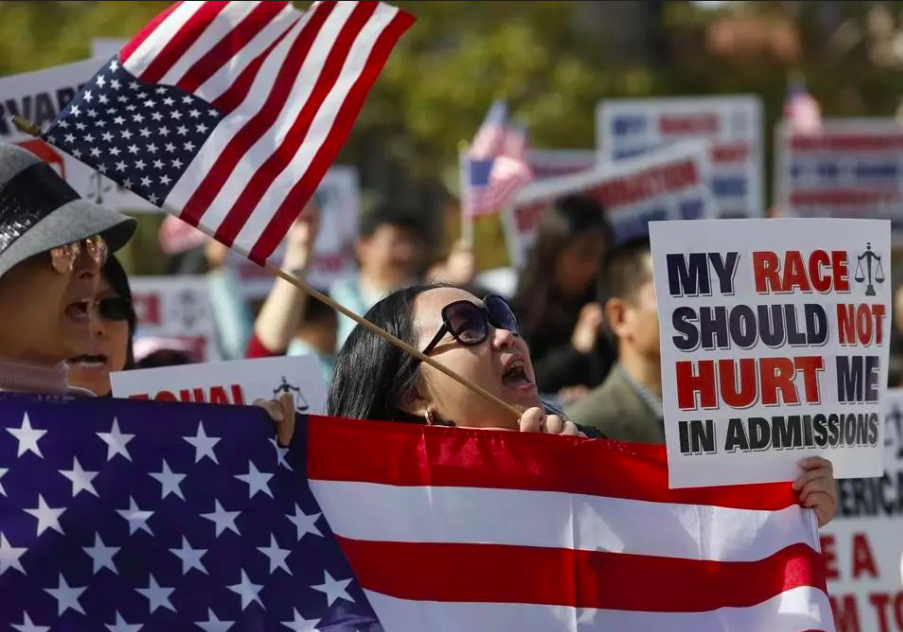Sejin Park ’20
Justin Chen ’20

As of recently, Harvard has been challenged and brought to court due to what many see as its discriminatory selection process, particularly pertaining to Asian-American applicants. This effort has been primarily led by Edward Blum. According to the Boston Globe, Blum has become the “face” of the effort to end Affirmative Action (the practice of using an applicant’s minority status as a positive factor in determining their acceptance) and has believed that Affirmative Action violates the basic ideals of equality this nation so heavily emphasize.
Representing Harvard is the school’s dean of admissions, William Fitzsimmons. Fitzsimmons has stated in response to these allegations that primarily, the reason behind discrimination particular to Asian Americans was their “personal” ratings. Although the individual may meet the academic requirements to be considered a student, their personality may not meet the desired level. As stated by the New Yorker’s article concerning the trial, Fitzsimmons clarifies he is not stating all Asian Americans have lower “personal” scores compared to other races, but that this issue originates outside of Harvard and within the high school and its college guidance program.
Yet, there are multiple exceptions to this supposed rule that Fitzsimmons points out, and it continues to create debate on the ethicality and logic of Affirmative Action. This increased talk about the college application is arguably good for college admissions. “The beauty of all of this is that it is creating a lot of conversation,” stated Cynthia Crum, director of EA’s College Counseling office. She hopes that the conversation could lead the college admission offices to set up better and better standards of judging students. Ayinde Tate presents his ideal result from the debates: “I hope that people realize that Affirmative Action is not a monolith. [This case] helps people research and learn more about Affirmative Action, though it may be difficult to understand the grand scheme of things. Affirmative Action does help a lot of people, but one does need to monitor it and realize that it is not there to help one particular group, but rather everyone.” He hopes that the debates from the case will expose more people to the entire mechanics of the Affirmative Action and its end goal.
EA college admissions will possibly witness a wide variety of effects upon how we as a school and individual students will view the selection process. In particular, there will be an impact upon whether Affirmative Action still plays a role in the admission process. If these Asian Americans are accepted at higher rates into these Ivy League level schools, it could elevate the status of the schools in the long run. In the case of EA, greater college acceptance into Ivy League schools by a greater amount of the academically proficient will lead to more joining the student body.
However, one must also consider Fitzsimmons’ statement that the problem of biased selection may have its origins within the guidance program of schools itself. The dean of admissions argues that the low personal scores that many Asians get are due to poor college guidance interactions and worse teacher recommendations, suggesting that the bias is starting in high school and not in college admissions. The question arises whether this issue may apply to EA, and if reformations in the college meeting program needs to be adjusted. Peter Anderson, Director of Enrollment Management and Admissions, explains: “it is impossible to make such assertions because every teacher is different: some may have one outlook, others may have another, but we cannot know unless we know them personally.” However, college guidance asserts that they are always making their best effort to be unbiased. Cynthia Crum says, “no one goes into this business because they hate kids. We’re all trying to get kids into college, from our side and the college admission side… despite any bias we might have towards people in our personal lives.”